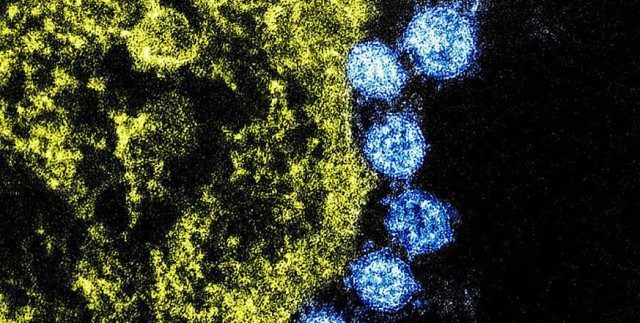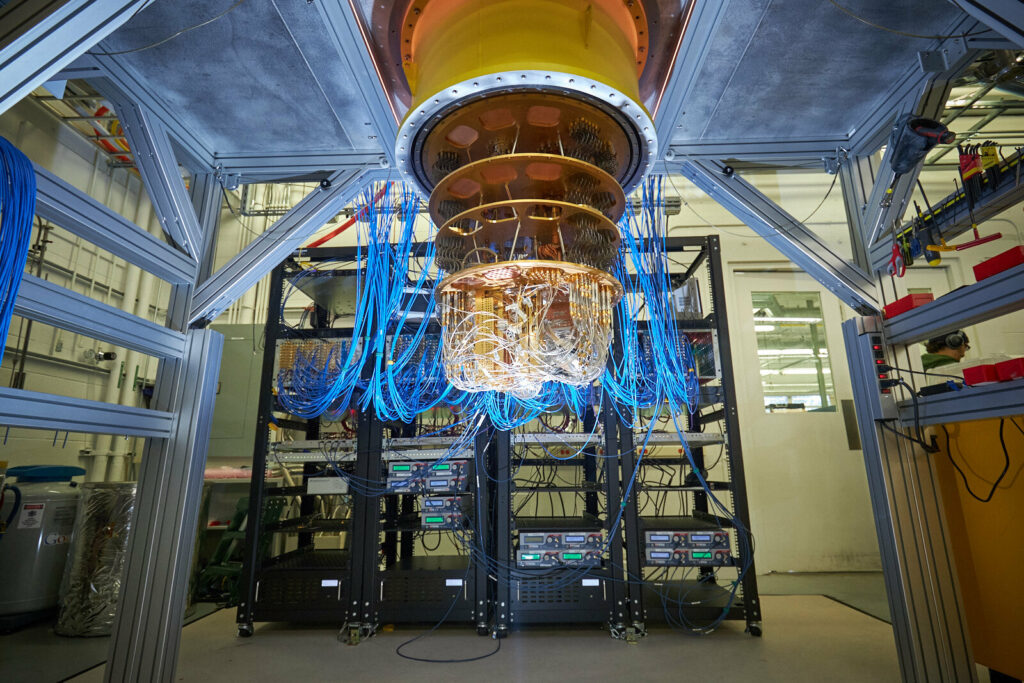AI and the Transatlantic Challenge
Jacopo Scipione

Source: Shutterstock
Artificial Intelligence (AI) is a fast-developing reality and its effects will be persistent and far reaching. In its seminal forms, AI has been already used in the defence environment especially for surveillance, reconnaissance and offensive purposes by countries, private military companies, as well as by non-state actors, like ISIL, for instance in the use of off-the-shelf drones.
Despite recent debates on the actual framework in the technological race, interoperability between the European Union (EU), the North Atlantic Treaty Organisation (NATO) and the United States (US) is essential to continue the cooperation among Americans and Europeans. But how interoperability could be assured if the players have a different level of technological development?
The technological gap could lead, in the long run, to the erosion of transatlantic cooperation among the two historical sides of the Alliance. Indeed, despite the EU being an economic superpower, it attracts only 8% of private investments. In addition, due to the United Kingdom’s departure, the EU may attract only 4% of investors. [1]
If the EU wants to fill this gap, European countries should invest more in the research of AI. To solve such issue, the White Paper on AI insists on the necessity to invest at least €20 billion per year in for the next decade. [2] If such promises would be kept, the EU will certainly be more competitive. Particularly related to the defence sector, the European Defence Fund and the Permanent Structured Cooperation should become the main tools to develop a stronger defence strategy on AI. Unluckily, many problems arise in relation to their nature: they both rely on the European budget that is constantly subject to pressures from member states. In this sense, the lack of pressures and constraints represents the real strength of the USA.
On the other side, NATO is facing various challenges in keeping its interoperability, because it is composed of various members that have different levels of military robustness. This could represent a strength as well as a weakness. On the one hand, NATO could benefit from the differences among countries: such divergences would increase the intra-alliance AI dependence among members, sharing decision-making processes, operations and actions related to AI. [3] On the other hand, this asymmetry could hinder the Alliance and the decisional process inside the organisation, because the US preponderance could increase frictions at defence planning and industrial level. On the operational side, US collateral damages and casualties in NATO missions could pose relevant ethical, legal and political problems regarding the use of AI by US forces. This new type of incidents could undermine the trust among allies, the effectiveness of strategic communication, the overall credibility of NATO and create political tensions.[4]
Another factor that is stirring trouble among NATO allies is the Chinese issue. Several NATO members and partners (respectively 34% and 48%)[5] are currently using and importing Chinese AI for surveillance purposes. At EU level it is well known the dispute with the US concerning the Chinese presence in a future European 5G network. [6]
In a nutshell, there are three main transatlantic possible disagreements emerging on the AI issue. The first one is related to the evolution of AI and the different visions between the US and EU: while Europeans see AI exclusively from an economic point of view, the US are investing in AI in sector. The second one is linked to AI competitiveness among the two parties: for the biggest Europeans allies the data issue is a “battle of sovereignty”; [7] being vulnerable means being dependent on the USA. The final issue concerns the different perception of China: while China is now the major adversary for the US administration, the EU and NATO consider Beijing a rival instead of a threat for their security.
[1] See S. R. Soare, Digital divide? Transatlantic defence cooperation on Artificial Intelligence, European Union Institute for Security Studies, March 2020, p.5, in https://bit.ly/3kGv6KC.
[2] See European Commission, White paper on Artificial Intelligence – A European approach to excellence and trust, COM (2020) 65 final, Brussels, 19 February 2020, p.5, https://bit.ly/2HhjPSF.
[3] See S. R. Soare, Digital divide? Transatlantic defence cooperation on Artificial Intelligence, cit., p.7.
[4] See T. Valášek, “How Artificial Intelligence Could Disrupt Alliances”, Carnegie Europe, 31 August 2017, https://bit.ly/3iTua5k.
[5] See S. R. Soare, Digital divide? Transatlantic defence cooperation on Artificial Intelligence, cit., p.7.
[6] See Financial Times, US warns Europe against embracing China’s 5G technology, 20 March 2020, https://on.ft.com/2Het8CS, and M.T. Esper, Speech at the Munich Security Conference, 15 February 2020, https://bit.ly/300CQiZ.
[7] See H. de Quetteville, “Emmanuel Macron’s strategy to combat American data domination”, The Telegraph, 18 November 2019.

Jacopo Scipione
A lawyer specialised in European Affairs, with a particular focus on Artificial Intelligence and the defence sector. Based in Rome, during the past year he has been Policy Officer at the Union of European Federalists. He is contributor at Opinio Juris – Law and Politics Review and Geopolitica.info. He is also part of the Executive Board of CSI – Centro Studi Internazionali.






